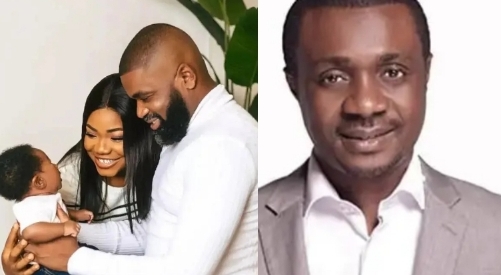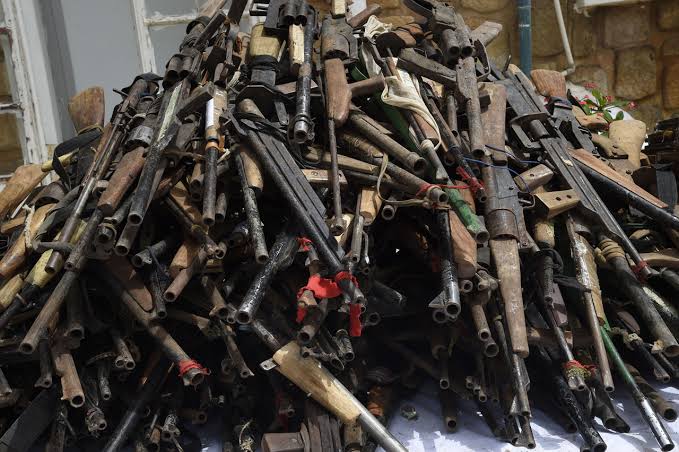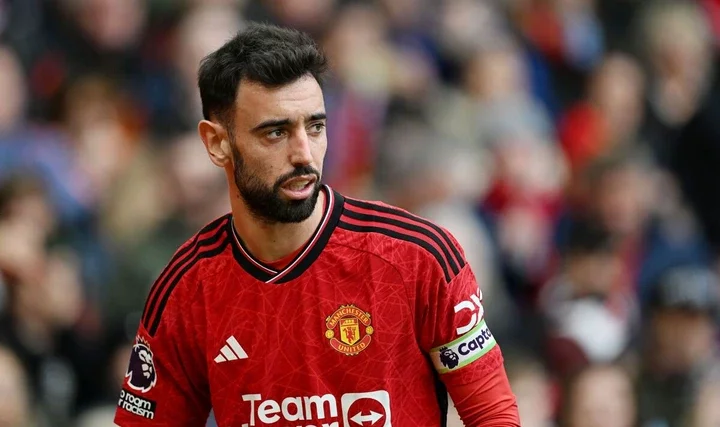Ghana’s VP Bawumia Firmly Opposes Homosexuality Ahead of Presidential Election

ACCRA, April 11 (Reuters) – Vice-President Mahamudu Bawumia, the presidential candidate of Ghana’s ruling party, reiterated on Thursday his opposition to homosexuality, affirming his stance as he prepares for the December election.
Thank you for reading this post, don’t forget to subscribe!
President Nana Akufo-Addo faces mounting pressure to sign into law one of Africa’s strictest anti-LGBT bills, which has drawn criticism from rights advocates and the United Nations.
Speaking at prayers marking the end of Ramadan, Bawumia did not directly reference the bill but emphasized the cultural and societal norms in Ghana that oppose homosexuality.
“All the major religious traditions in Ghana are opposed to this practice and I stand opposed to it now and I will stand opposed to it as president,” he declared, outlining his position publicly for the first time as a candidate.
Former president John Dramani Mahama, Bawumia’s main rival in the upcoming election, expressed similar sentiments earlier this year.
Such views resonate with many in Ghana, a culturally conservative West African nation where gay sex is already punishable by up to three years in prison, and where LGBT individuals often encounter harassment and abuse.
In response, Ghanaian activist Angel Maxine, a transgender woman, criticized Bawumia’s stance as “very dangerous and homophobic,” denouncing the use of LGBTQ+ issues for political gain.
In February, Ghana’s parliament passed a bill aiming to further suppress LGBT rights and penalize individuals promoting LGBTQ identities.
Despite concerns raised by the finance ministry about potential financial implications, supporters of the bill continue to advocate for its enactment.
The president’s office is awaiting the outcome of legal challenges before deciding whether to approve the law.
If enacted, the bill would impose up to five years in prison for individuals convicted of promoting, sponsoring, or supporting LGBTQ activities.
The United Nations cautioned in 2021 that such legislation would institutionalize discrimination and violence against the LGBT community in Ghana.





